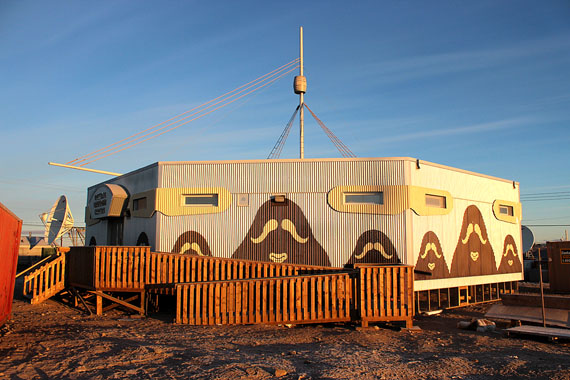Nunavut, Nunavik clean energy projects to receive funding
A total of $1.6 million in funding from Natural Resources Canada is part of an initiative aimed at reducing dependence on diesel fuel.

Four Inuit-led clean energy projects in Nunavut and one in Nunavik will each receive $1.6 million in funding from Natural Resources Canada.
The money comes as part of $21.6 million announced Wednesday by Yvonne Jones, parliamentary secretary to the federal minister of natural resources, for 14 Indigenous-led clean energy projects.
The winning communities had submitted proposals to the Impact Canada Indigenous Off-Diesel Initiative, a three-year federal program that invests in energy projects in rural and remote communities to reduce dependence on diesel fuel.
The programs receiving money include:
- Community-wide home retrofit development and implementation in Kugaaruk, which aims to help community members complete energy retrofits in their homes and promote the installation of small-scale solar panel systems within the residential sector. The project will also install solar panels on the wellness centre, business development centre and the Kugaaruk arena;
- Coral Harbour and Naujaat solar and energy storage project, which will develop two utility-scale solar and energy storage projects in each community and support an LED lighting campaign, a building and audit retrofit program and a biomass pilot project;
- Gjoa Haven clean energy, where money will be used to install energy-efficient measures in all residential homes, install solar panels on cabins, promote heat pump dryers and a renewable energy powered community freezer. Money will also be used to install solar panels on the community hall and heritage center;
- Baker Lake will get money to build high-performance, energy-efficient residential and commercial buildings in the community, which will include rooftop solar panels;
- Kuujjuaq will get funding toward a rooftop solar project and a geothermal heating project at the community arena, a feasibility study to assess the potential of additional community-scale green energy projects, the installation of two electric vehicle charging stations, and installing solar powered energy systems for cabins.
“Local leadership is the key to building a clean and resilient future. These energy champions … are all leaders in their communities, and I commend them for their work,” said Jones.
Additional Indigenous-led clean energy projects will be funded in Newfoundland and Labrador, the Northwest Territories, British Columbia and Saskatchewan.
According to the Impact Canada website, participating communities will share the results of their projects next spring.